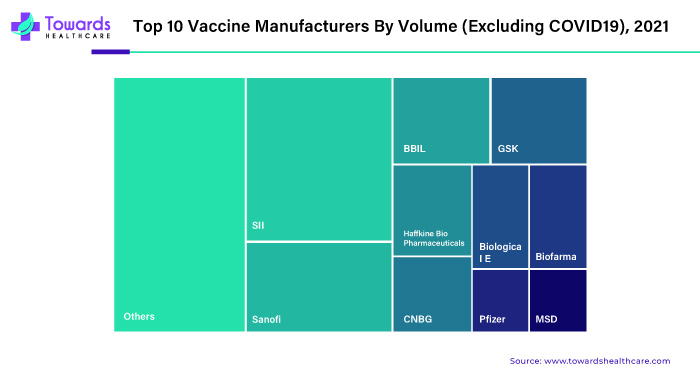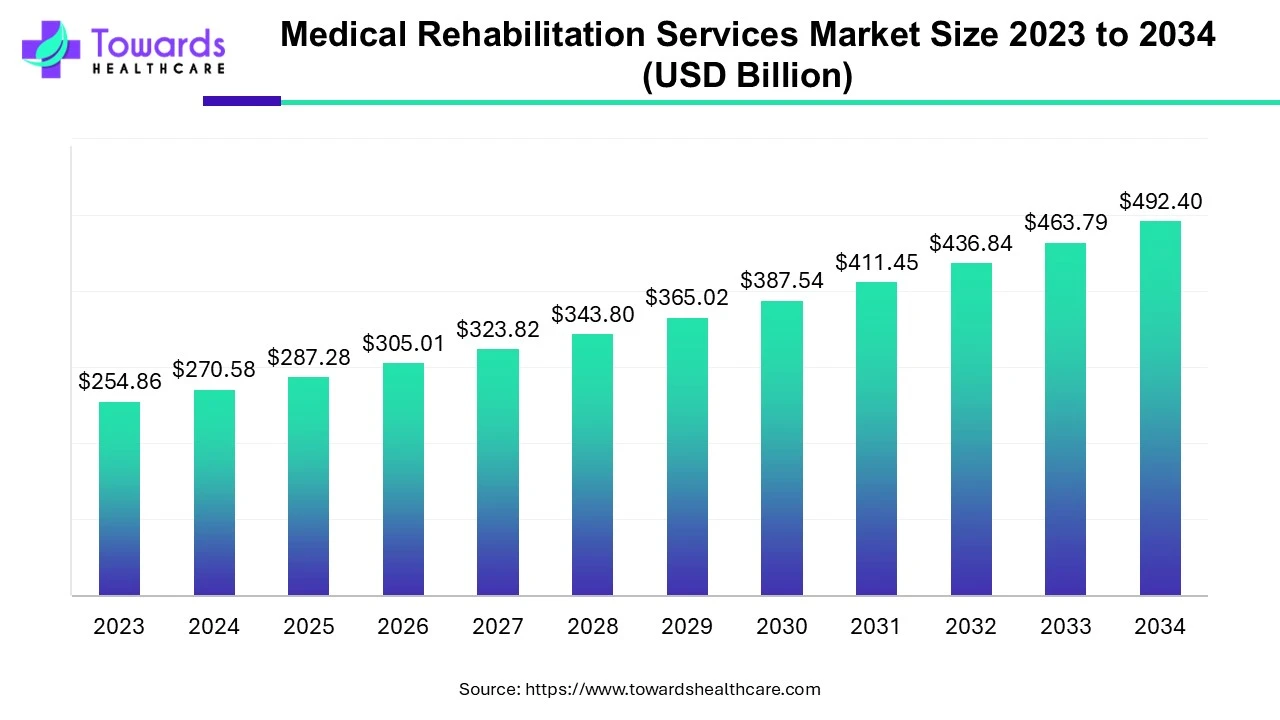
In recent years, the thermostable vaccine market has garnered significant attention and innovation in tackling the hurdles associated with vaccine storage, distribution, and administration, particularly in regions with limited access to reliable cold chain infrastructure. This article delves into the advancements and research efforts driving the development of thermostable vaccines, highlighting various novel approaches and technologies adopted by biotech companies and academic institutions worldwide.
For any queries, we are available for you @ https://www.towardshealthcare.com/personalized-scope/5117
Understanding the Need for Thermostable Vaccines
Challenges of Cold Chain Infrastructure
The traditional cold chain infrastructure poses substantial logistical challenges, especially in resource-constrained areas where maintaining the required temperature for vaccine storage and transportation is difficult. Temperature fluctuations during transportation and storage can compromise vaccine efficacy, leading to reduced immunization coverage and increased risk of vaccine-preventable diseases.
Importance of Thermostable Vaccines
Thermostable vaccines offer a promising solution to these challenges by eliminating the strict temperature requirements associated with conventional vaccines. These vaccines can withstand a range of temperatures without compromising their potency, making them ideal for use in remote or underserved regions where maintaining cold chain integrity is challenging.
Innovations in Thermostable Vaccine Technologies
Virus-Like Particles (VLPs)
Virus-like particles (VLPs) have emerged as a novel approach in thermostable vaccine development. By mimicking the structure of viruses without containing genetic material, VLPs can induce robust immune responses while remaining stable at a wide range of temperatures. This technology shows great promise in enhancing vaccine stability and facilitating easier storage and distribution.
Stabilized Proteins
Another area of innovation in thermostable vaccines involves the stabilization of proteins to withstand temperature fluctuations. By employing advanced protein engineering techniques, researchers can modify vaccine antigens to enhance their stability without compromising immunogenicity. Stabilized protein vaccines offer increased resilience to heat, enabling more flexible storage and distribution options.
Alternative Delivery Methods
In addition to novel vaccine formulations, researchers are exploring alternative delivery methods to improve vaccine stability and accessibility. Technologies such as microneedle patches, dry powder formulations, and oral vaccines offer convenient and temperature-independent delivery routes, bypassing the need for cold chain infrastructure and simplifying vaccine distribution in remote areas.
Global Research and Development Efforts
Collaboration among Biotech Companies and Academic Institutions
The development of thermostable vaccines involves collaboration among biotech companies, academic institutions, and public health organizations worldwide. By leveraging collective expertise and resources, researchers can accelerate the discovery and development of innovative vaccine technologies tailored to address specific disease challenges and geographical constraints.
Investment in Research and Clinical Trials
Significant investments have been made in research and clinical trials to advance thermostable vaccine candidates across various disease areas. Governments, philanthropic organizations, and private sector entities recognize the potential impact of thermostable vaccines in improving global immunization coverage and are actively supporting initiatives aimed at bringing these vaccines to market.
Future Prospects and Implications
Enhancing Vaccine Access and Equity
The widespread adoption of thermostable vaccines has the potential to revolutionize immunization efforts by enhancing vaccine access and equity. By overcoming logistical barriers associated with cold chain infrastructure, thermostable vaccines can reach underserved populations more effectively, reducing disparities in healthcare access and improving public health outcomes.
Mitigating Disease Outbreaks and Pandemics
Thermostable vaccines also play a crucial role in mitigating disease outbreaks and pandemics by ensuring rapid and equitable vaccine deployment. In emergency situations where maintaining cold chain integrity is challenging, thermostable vaccines offer a reliable solution for delivering life-saving immunizations to affected communities, thereby containing the spread of infectious diseases.
To own our premium research study instantly, click here @ https://www.towardshealthcare.com/price/5117
Unlock Infinite Advantages: Subscribe to Annual Membership
Read More Information Related to Thermostable Vaccine Sector:


